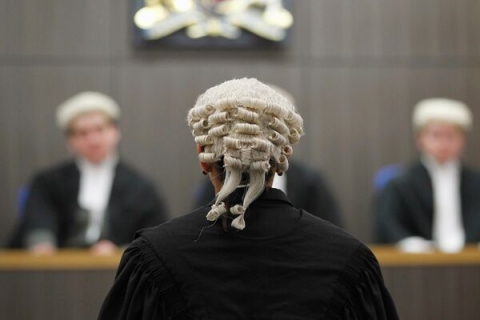

The street gang known as MS-13 has a significant presence in the US and in Central America and it is considered by the US Department of Justice as a transnational criminal organization. Although that treatment is a matter of US domestic law, the underpinnings of such decision are more complex. Gangs and gang-related violence are addressed, for the most part, from narrow legal approaches concerning criminal justice, and it is infrequent to address their very existence and their conceptualization as criminal networks from more comprehensive theoretical accounts which can be analytically helpful to examine underlying dynamics of power.
Using Anibal Quijano’s framework of the ‘coloniality of power’, this paper problematizes the criminalization of gangs in general, and the construction of the MS-13 as a transnational criminal organization in particular. Quijano’s formulation examines relations of superiority and inferiority established through domination and enshrined in the global capitalist power system emerged from colonialism and, against this backdrop, this paper examines the roles of state power, legal systems, and migration policies in the US and Central America as well as their connections and interactions and their effects on the protractedness and escalation of gang violence in both regions. This analysis does not examine the involvement of gangs in criminal activities, which is real and concerning, but focuses on the conditions that make possible the production and reproduction of the current confrontation between gangs and states.
